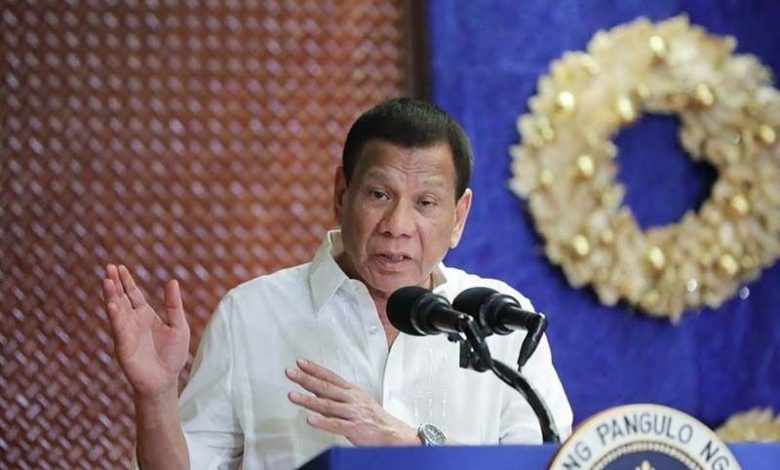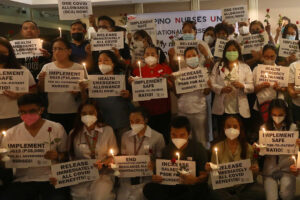Duterte orders lower property taxes for IPPs, penalty condonation

PRESIDENT RODRIGO R. Duterte on Friday signed an executive order (EO) lowering the real property tax (RPT), interest, and penalties on the property, machinery, and equipment of Independent Power Producers (IPP) operating under a Build-Operate-Transfer (BOT) agreement.
The order was justified as a means of protecting the finances of the National Power Corp. (NPC) or the Power Sector Assets and Liabilities Management Corp. (PSALM) and insulating the government from any spillover impact if the two companies become financially unstable if IPPs are unable to operate.
EO 157 orders that the RPT liabilities of IPPs in 2021 be reckoned based on 15% of property’s fair market value, with machinery and equipment valuations depreciated at a rate of 2% a year.
All interest and penalties on deficiency RPT liabilities, as written, will be condoned, according to the EO.
The EO also allows RPT payments made by IPPs over and above the reduced amount to be applied to RPT liabilities for the succeeding years.
Mr. Duterte noted that various local government units (LGUs) have taken the position that IPPs operating within their territories are not entitled to exemptions and privileges of government-owned or -controlled corporations with respect to RPT on property, machinery, and equipment used in the generation and distribution of electric power.
LGUs, he added, have also threatened enforcement action against IPPs, including the levy and sale at public auction of the affected properties.
LGUs were eventually persuaded to assess RPT on the machinery and equipment of various IPPs, at the maximum assessment level of 80%, based on Section 218 of Republic Act 7160 or the Local Government Code.
“The collection of the subject real property taxes at the maximum level assessed by LGUs will trigger massive direct liabilities on the part of the NPC (National Power Corp.) or PSALM (Power Sector Assets and Liabilities Management Corporation),” according to the EO, “thereby threatening their financial stability, the government’s fiscal consolidation efforts, the stability of energy prices, and may even trigger further cross-defaults and significant economic losses across all sectors.”
“The closure or non-operation of these IPPs will entail substantial losses to the government and force resort to more costly electric power source alternatives or the implementation of rotating power outages,” it added. — Alyssa Nicole O. Tan




